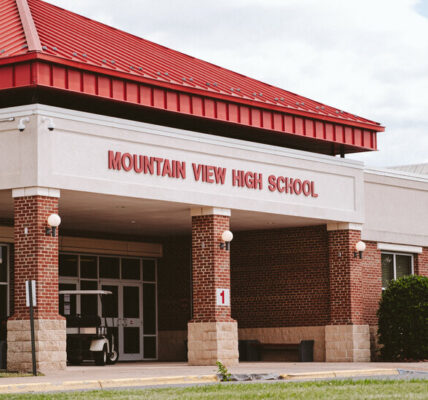Columbia University set a midnight deadline late on Tuesday for an encampment of student protesters to disband, after which New York City police could be sent in to clear the grounds and make arrests.
In an email to the university two hours before midnight, Columbia’s president, Nemat Shafik, said university administrators were in talks with student organizers in an attempt to reach an agreement before the deadline, after which the school would consider “alternative options” for clearing the lawn.
Nearly a week ago, Dr. Shafik took the extraordinary step of enlisting city police in riot gear to arrest more than 100 activists who had refused to leave the tent village protesting Israel’s war in Gaza. That touched off criticism from all sides about her handling of the campus protests. The encampment re-emerged larger than the initial one after it was cleared.
When Dr. Shafik’s letter landed in inboxes late Tuesday, protesters and others who were gathered outside the campus gates began reading it out loud. Chants rose up about the midnight deadline.
On campus, the scene was mostly calm as about 100 people stood around talking to each other inside the encampment.
After months of demonstrations on campuses protesting the war in Gaza, the unrest has reached a fever pitch in the final weeks of classes at some of the country’s most storied academic institutions. On Monday, police were called in to make arrests at Yale and New York University. Encampments have also sprung up at Tufts, Emerson and the University of California, Berkeley.
Administrators have been struggling to balance students’ free speech rights and the need to protect Jewish students. Some demonstrations have included hate speech, threats or support for Hamas, the armed group based in Gaza that led attacks on Israel on Oct. 7, sparking the war.At Columbia, some faculty members circulated a draft resolution to censure the president over what they called an “unprecedented assault on student rights.” At least one major Jewish donor cut off support, saying the university was not doing enough to protect students.



